Congress authorized the building of six naval frigates of a size larger than those of the common British plan for naval frigates. Four were to be 44-gun frigates and two were 36-gun frigates. This was viewed as a very expensive venture, but shipping losses at sea were very high. Not only were the French preying on the thousands of American ships involved in international trade, but so were the Barbary Pirates of Tripoli, Tunis, Algiers, and Morocco. These original U.S. Navy frigates were the United States, President, Congress, Constitution, Constellation, and Chesapeake. The USS Constellation fought and captured the French frigate L'Insurgente in the Caribbean on 9 February 1799 which had earlier captured American ships. Napoleon took over the French government in a coup and decided to end the conflict with the United States shortly before Jefferson became President in 1801. Jefferson would very soon find it necessary to deal with the Barbary Pirates.
While this is interesting history, especially for me since my father was a career naval officer, this paragraph about Jefferson's commitment to frugal and limited government caught my attention:
In his first inaugural, Jefferson promised "a wise and frugal Government, which ... shall not take from the mouth of labor the bread it has earned." In private letters, he made the point more sharply: the Republicans would "reform the waste of public money, and thus drive away the vultures who prey on it." Using presidential authority whenever congressional authorization was not needed, Jefferson and his cabinet simply dismissed federal officeholders they considered superfluous. The State Department closed all foreign embassies except those in Madrid, Paris, and London. The Treasury Department's internal revenue inspectors were fired en masse. "We are hunting out and abolishing multitudes of useless offices," Jefferson told his son-in-law in June; "striking off jobs, etc., etc." The magnitude of federal waste they were finding, he told James Monroe, was even greater than the Republicans had expected: "agencies upon agencies in every part of the earth, and for the most useless or mischievous purposes, and all of these opening doors for fraud and embezzlement far beyond the ostensible profits of the agency. These are things of the existence of which no man dreamt, and we are lopping them down silently to make as little noise as possible."Firing government employees en masse, driving away vultures by spending less, abolishing whole useless offices and agencies dedicated to useless or mischievous purposes with doors open to fraud and embezzlement, and lopping them down silently were Jefferson's purpose to provide a wise and frugal government. Yet today, we are faced with such problems of overblown government as would surely cause Jefferson apoplexy. We very much need a President with a Jeffersonian commitment to wise and frugal government. But anyone with but a fraction of such a commitment today is considered far to radical, an extremist of the right, no matter how wise such a commitment to frugal and limited government is and no matter how federal spending lures special interests to mischievous purposes and fraudulent claims of public benefit.












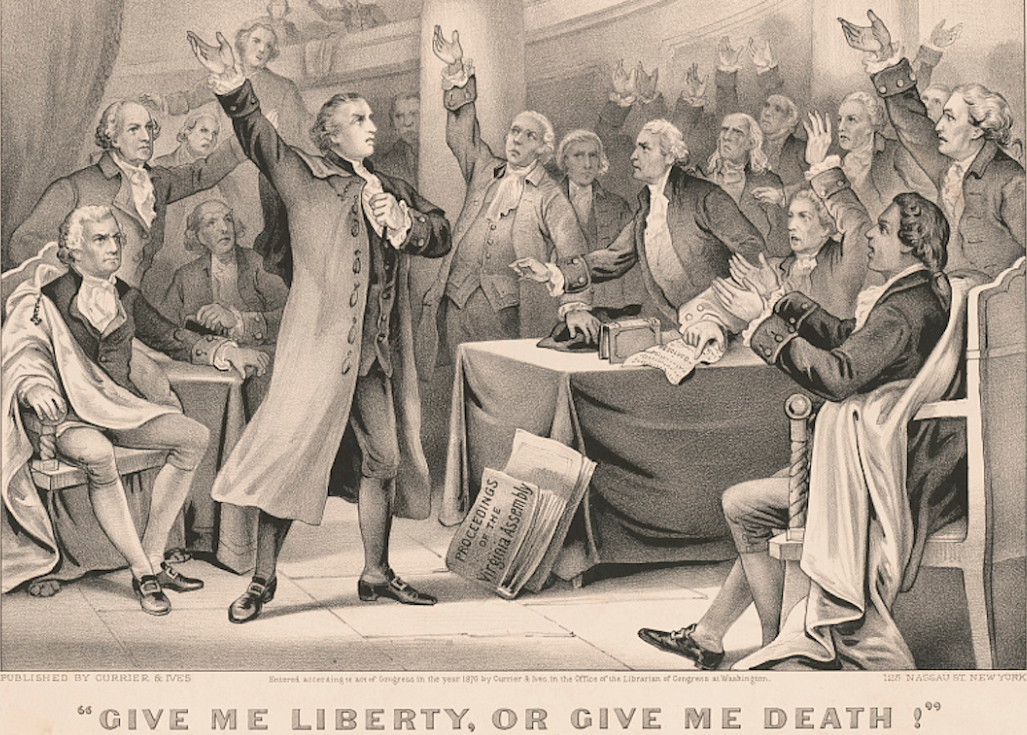
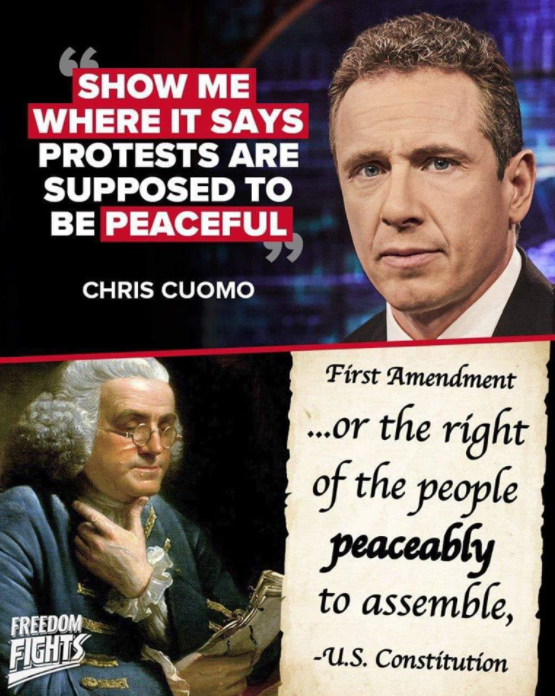

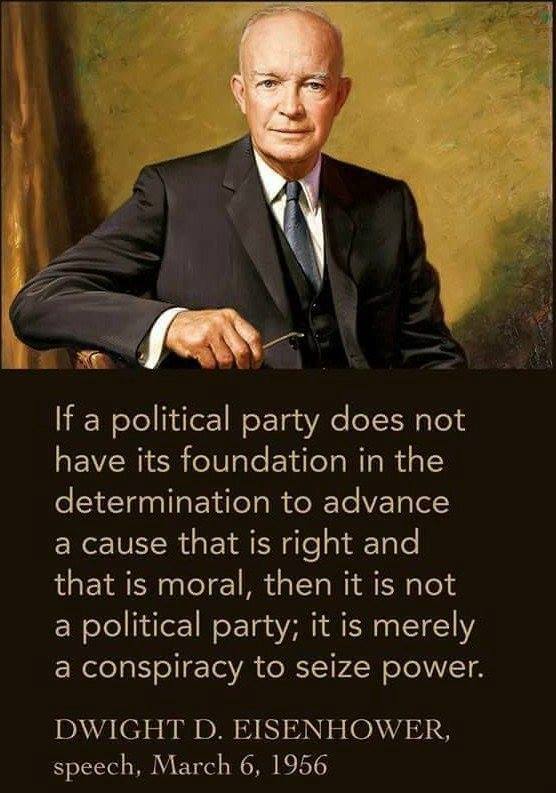




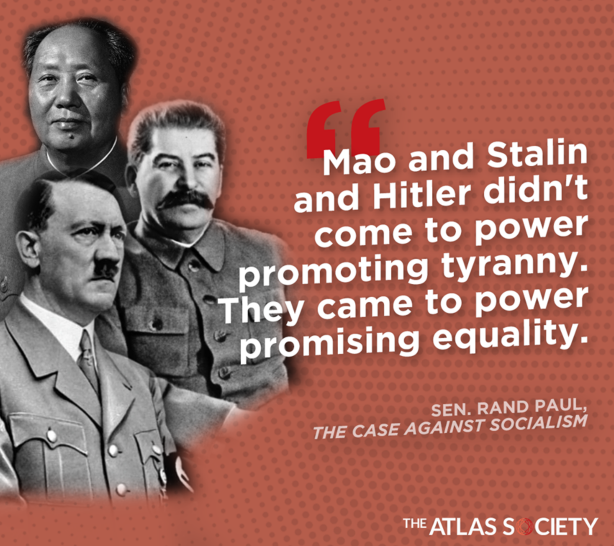
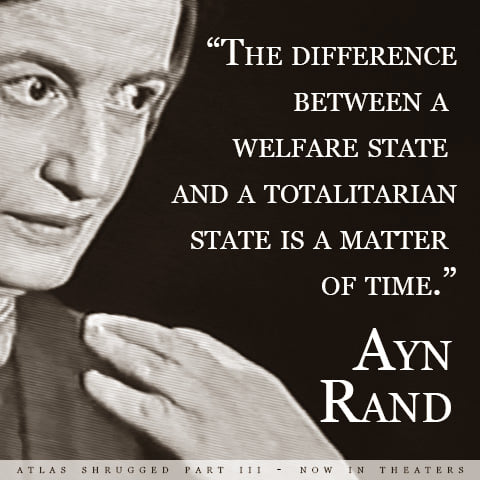

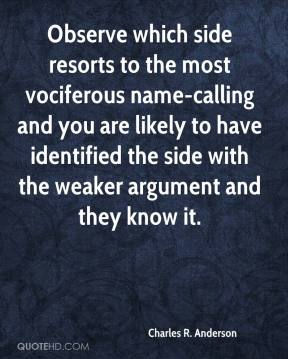
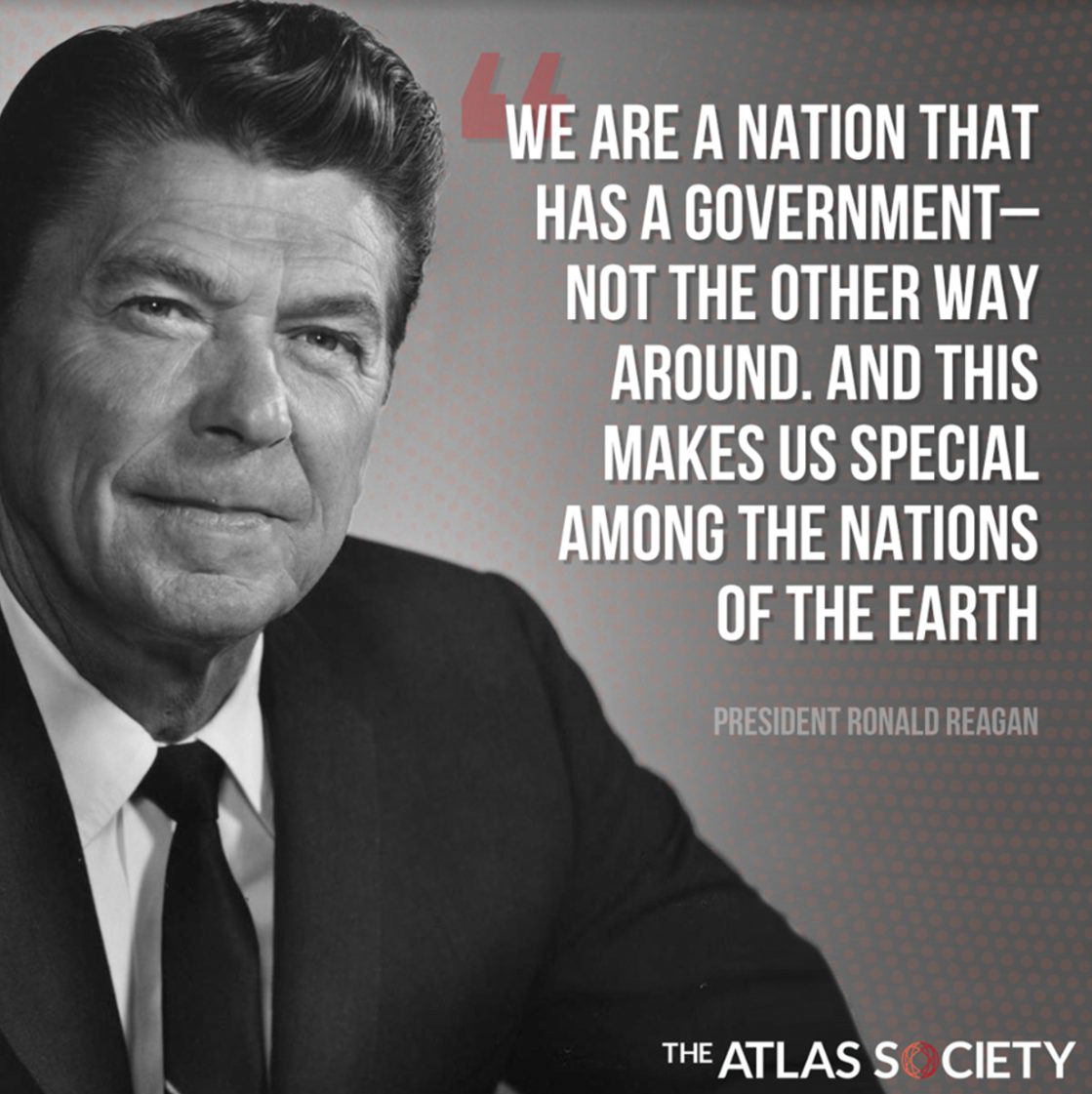










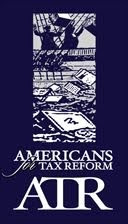












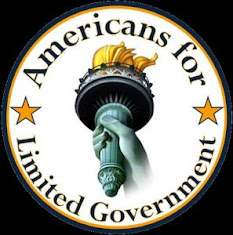
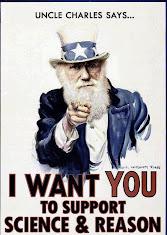














No comments:
Post a Comment